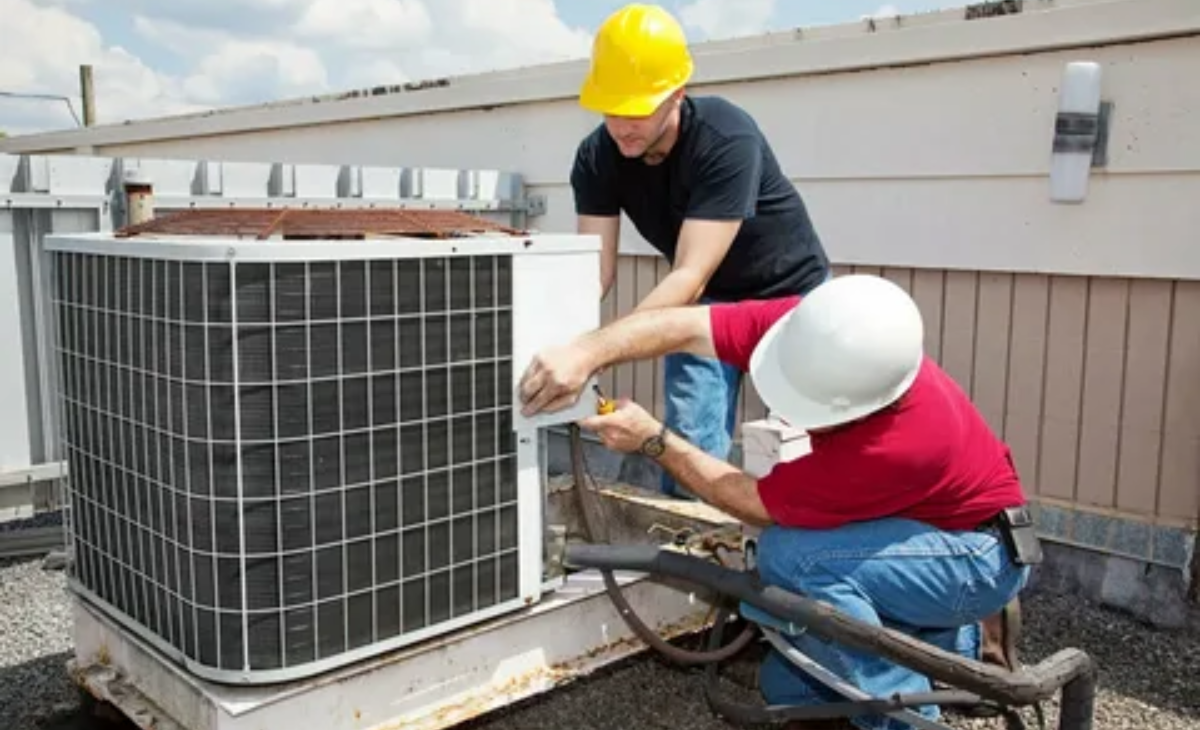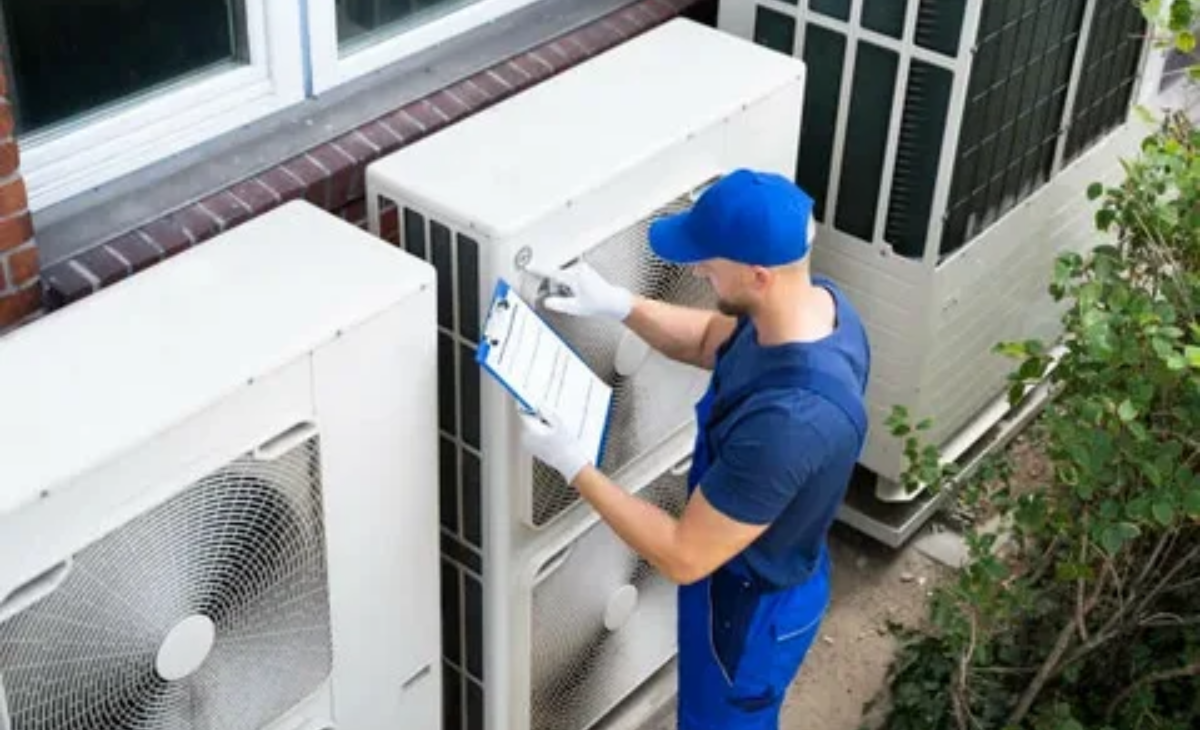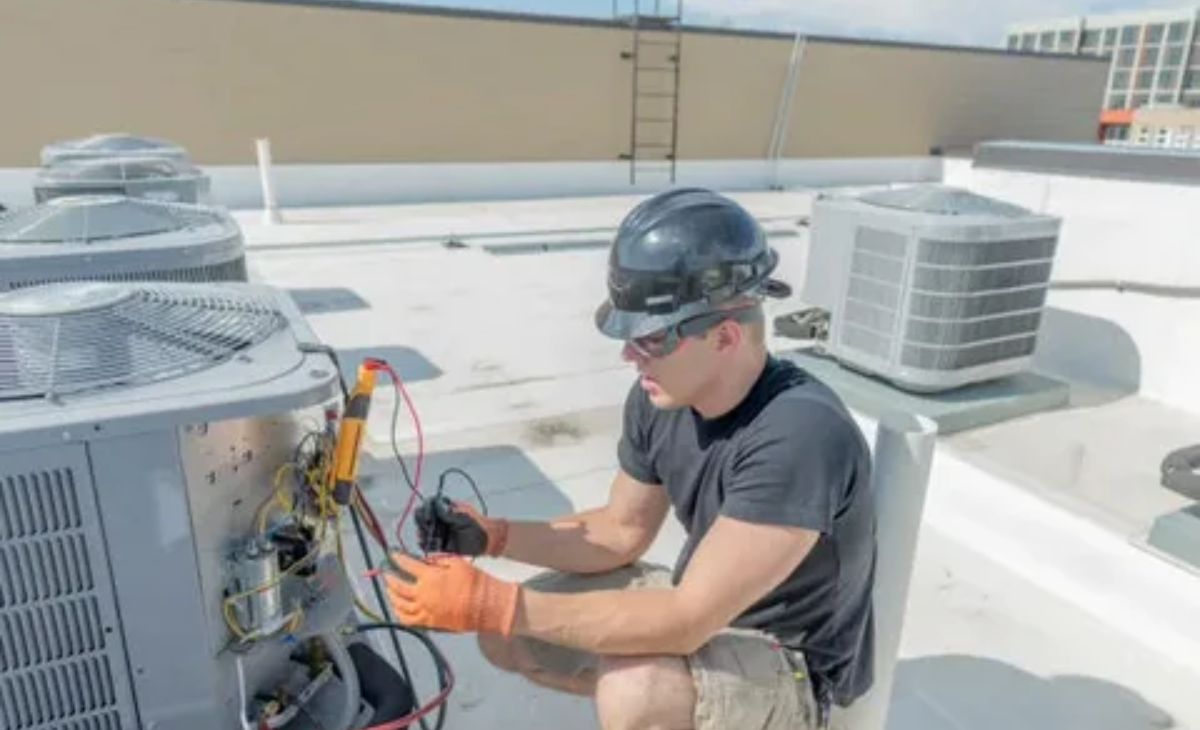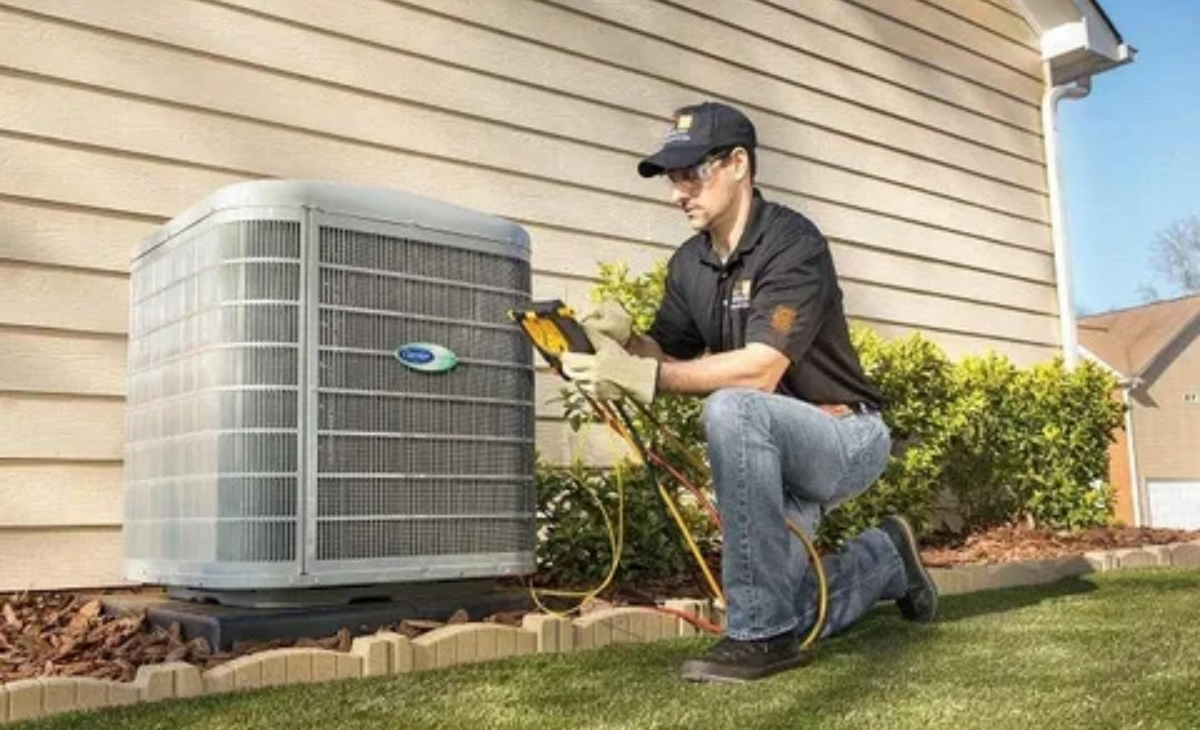Every residential heating, ventilation, and air-conditioning (HVAC) system eventually needs professional attention. But when repairs become more frequent, many homeowners ask the same question: Is it better to repair or replace my HVAC unit? The decision depends on cost, efficiency, system age, and long-term comfort. This guide will help you weigh the pros and cons, so you can make the right choice with the support of a trusted HVAC service company.
When Should You Repair Your HVAC System?
Even with regular maintenance, HVAC units experience wear and tear. Sometimes a repair is the most practical choice, especially for newer systems or minor issues. An experienced HVAC service repair technician can quickly resolve many common problems.
Clogged Filters and Restricted Airflow
Air filters collect dust, pet dander, and debris over time. A clogged filter reduces airflow, forcing the blower fan to work harder. This not only lowers comfort levels but also drives up utility bills. Fortunately, replacing filters is simple and inexpensive, and often restores performance.
Refrigerant Leaks and Moisture Issues
Ice buildup on coils or puddles of liquid around the unit may signal a refrigerant leak. These leaks affect cooling performance and, if ignored, can cause severe system damage. Only a certified technician should handle refrigerant repairs, as specialized tools and expertise are required.
Strange Noises or Vibrations
Unusual sounds—such as buzzing, rattling, or clanking—suggest loose components, failing motors, or compressor issues. While some noises indicate minor problems, others can signal costly repairs if left unchecked. A professional inspection prevents further damage.
Electrical or Thermostat Failures
Frayed wires, tripped breakers, or malfunctioning thermostats can disrupt your HVAC system. Electrical problems should always be handled by qualified technicians for safety and reliability.
Worn-Out Parts
Capacitors, blower fans, and belts wear down over time. Replacing these parts restores efficiency and prolongs the lifespan of your unit.
If your HVAC system responds well to routine repairs and its overall efficiency is still strong, repair is usually the most cost-effective path.
When Should You Replace an HVAC Unit?
Replacement becomes the smarter choice when repairs no longer solve underlying issues. Here are the key factors that indicate it’s time to consider a full upgrade.
System Age
The average HVAC unit lasts 10 to 15 years with proper care. As units age, efficiency declines and breakdowns increase. Replacing a decade-old system with a new high-efficiency model can lower energy use by 20–40%.
Energy Efficiency and Rising Bills
Older units often run with a SEER (Seasonal Energy Efficiency Ratio) rating below current standards. Newer models, especially ENERGY STAR® certified systems, deliver much higher efficiency. If you notice energy bills climbing even after repairs, investing in a replacement may provide long-term savings.
Outdated Refrigerant (R-22)
If your system still uses R-22 Freon, repairs can become costly. This refrigerant was phased out due to environmental concerns, and supplies are limited. Upgrading to a system that runs on R-410A or newer eco-friendly refrigerants ensures compliance and reliability.
Repair Costs vs. Value
HVAC professionals often recommend the “50% rule”: if repair costs exceed half the value of the unit, replacement is the better investment. Another rule of thumb is to multiply the repair cost by the system’s age. If the result is over $5,000, replacement is likely the smarter choice.
Comparing Repair vs. Replacement Costs
| Factor | Repair HVAC | Replace HVAC |
| Typical Cost | $150 – $1,500 per repair | $5,000 – $12,000 (full system) |
| Short-Term Benefit | Restores basic performance | Higher efficiency and reliability |
| Long-Term Value | May require ongoing repairs | Saves energy and reduces bills |
| Warranty Coverage | Limited to replaced parts | Full manufacturer warranty available |
The Role of Regular Maintenance
Routine maintenance plays a critical role in extending system life and delaying costly replacements. Seasonal inspections, filter changes, and professional tune-ups reduce the chances of unexpected breakdowns. Many homeowners schedule annual cooling service in the spring to ensure peak performance during summer.
Proper maintenance also helps technicians catch early signs of wear, preventing small issues from escalating into major repairs.
What About Commercial HVAC Systems?
The decision between repair and replacement isn’t limited to residential units. Businesses rely heavily on heating and cooling for comfort, air quality, and productivity. A failing system can disrupt operations and drive up costs.
For offices, retail stores, and industrial spaces, commercial HVAC services provide tailored solutions. Replacement often delivers better ROI in commercial settings because downtime and energy waste directly affect the bottom line.
Choosing the Right HVAC Service Company
Making the right decision often requires guidance from a trusted partner. Not all contractors offer the same level of expertise, so it’s important to evaluate credentials, certifications, and experience.
If you’re unsure where to start, explore our guide on How to Choose the Right HVAC Service Company in Montgomery to learn how to evaluate service providers for reliability, professionalism, and transparency.
Long-Term ROI: Repair vs. Replacement
| Consideration | Repair Option | Replacement Option |
| Lifespan Extension | 1 – 3 years | 10 – 15 years |
| Energy Efficiency | Restored temporarily | Significant and lasting improvement |
| Upfront Cost | Low | Higher |
| Resale Value | Neutral | Adds value to home or property |
FAQs: AC Repair vs. Replacement
1. How do I know if I need HVAC service repair or full replacement?
If your system is under 10 years old and still efficient, repairs may suffice. Older systems with rising bills and frequent breakdowns often require replacement.
2. How long should a typical HVAC system last?
Most systems last 10–15 years with regular maintenance. Lifespan depends on brand quality, installation, and upkeep.
3. Is replacing an HVAC system more cost-effective than repairing?
Yes, in many cases. While repairs are cheaper short-term, replacement offers energy savings, warranty benefits, and fewer breakdowns in the long run.
4. Can regular HVAC maintenance reduce repair costs?
Absolutely. Routine inspections, filter changes, and professional tune-ups extend system life and lower repair frequency.
5. Does the same rule apply to commercial HVAC units?
Yes, though costs and ROI calculations differ. Businesses often benefit more from replacement due to energy demands and operational downtime.
Conclusion
The decision between HVAC service repair and full system replacement depends on system age, repair frequency, efficiency, and overall cost. Minor issues can be solved with timely repairs, while aging units or outdated refrigerants often justify an upgrade.
A reliable HVAC service company repair expert can evaluate your system and recommend the most cost-effective path forward. Whether for a home or business, consulting a trusted provider ensures lasting comfort, energy efficiency, and peace of mind.
KNS Mechanical is proud to be a trusted HVAC service company in Montgomery, helping homeowners and businesses make the best choice for their heating and cooling needs. For professional guidance or to schedule a consultation, don’t hesitate to Contact us today.




